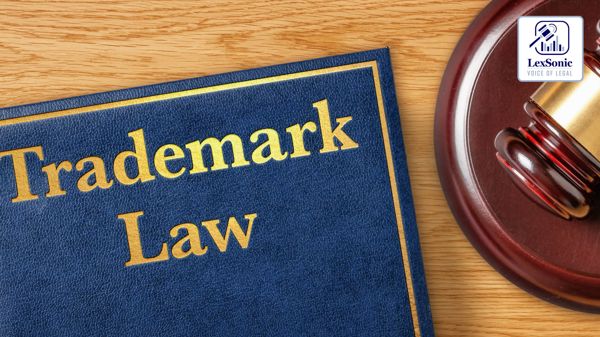From City Court to Commercial Court: Trademark Dispute Takes a Turn.
Imagine suing someone for trademark infringement, only to have the initial court challenged! This is exactly what happened in a recent Indian legal case. The battleground? Not the trademark itself, but the question of which court had the authority to hear the case. The crux of the issue hinged on a seemingly mundane detail: how to determine the value of the lawsuit.
The Case:
The plaintiff filed a lawsuit against the defendant for "passing off" under the Trade Marks Act, 1999. This essentially meant they accused the defendant of using a trademark similar to theirs, potentially misleading customers. The lawsuit involved various types of property, but the plaintiff specifically valued the relief sought over intangible property (like brand reputation) at Rs. 2,50,000/-.

The Challenge:
The defendant argued that the court should consider the value of all properties involved, potentially exceeding Rs. 3 lakhs. If true, the case would belong in a designated Commercial Court, not the City Civil Court where it was initially filed.
The Legal Labyrinth:
The crux of the debate hinged on two Acts:
- The Karnataka Court Fees and Suit Valuation Act, 1958 (Act of 1958)
- The Commercial Courts Act, 2015 (Act of 2015)
The Act of 1958 outlines how to determine court fees and valuation for jurisdictional purposes. The Act of 2015 establishes Commercial Courts and defines "commercial disputes," including suits under the Trade Marks Act exceeding Rs. 3 lakhs.
The Arguments:
- Plaintiff's Claim: The plaintiff argued they had the right to value "the relief sought," which in this case was simply an injunction (a court order to stop an action), not the entire property. They believed they could use Sections 26(c) and 50 of the Act of 1958 and Section 12 of the Act of 2015 to support their position.
- Defendant's Counter: The defendant countered that the Act of 1958 took precedence due to its constitutional basis. They argued that the Act of 1958 should be used to determine the suit valuation.
The Court's Reasoning:
The court clarified that the Trade Marks Act itself specifies District Courts for such suits. However, the Act of 2015 introduces "Commercial Courts" to handle "commercial disputes" exceeding Rs. 3 lakhs. To determine the court's jurisdiction, the court laid out a step-by-step approach, considering both Acts:
1. Check the Act of 1958 for specific provisions on valuation for jurisdiction in this type of case.
2. If no provision exists, check if any other law deals with valuation or confers jurisdiction.
3. If another law governs valuation, follow that law's procedure.
4. If no other law applies, the court fee valuation under the Act of 1958 becomes the default.
Applying this approach, the court found that:
- The Act of 1958 lacked specific provisions for suits under this section of the Trade Marks Act.
- The Act of 2015 defined "commercial disputes" and mandated designated Commercial Courts for such cases exceeding Rs. 3 lakhs.
- The Act of 2015 also outlined how to determine the "specified value" for these "commercial disputes."
The Verdict:
The court ruled that Section 12 of the Act of 2015 took precedence for determining the "specified value" in this case. The Act of 1958's provisions did not apply since the Act of 2015 provided a specific method for valuation impacting jurisdiction in commercial disputes.
The court acknowledged relevant judgments but clarified that they did not consider the interplay between the specific laws involved in this case.
The Outcome:
The court partially allowed the plaintiff's appeal. The order setting the value at Rs. 2,50,000/- was set aside. The court allowed the plaintiff to re-file the case in the jurisdictional Commercial Court by complying with the Act of 2015's requirements.
TRADE MARKS ACT, 1999 COMMERCIAL COURTS ACT, 2015
